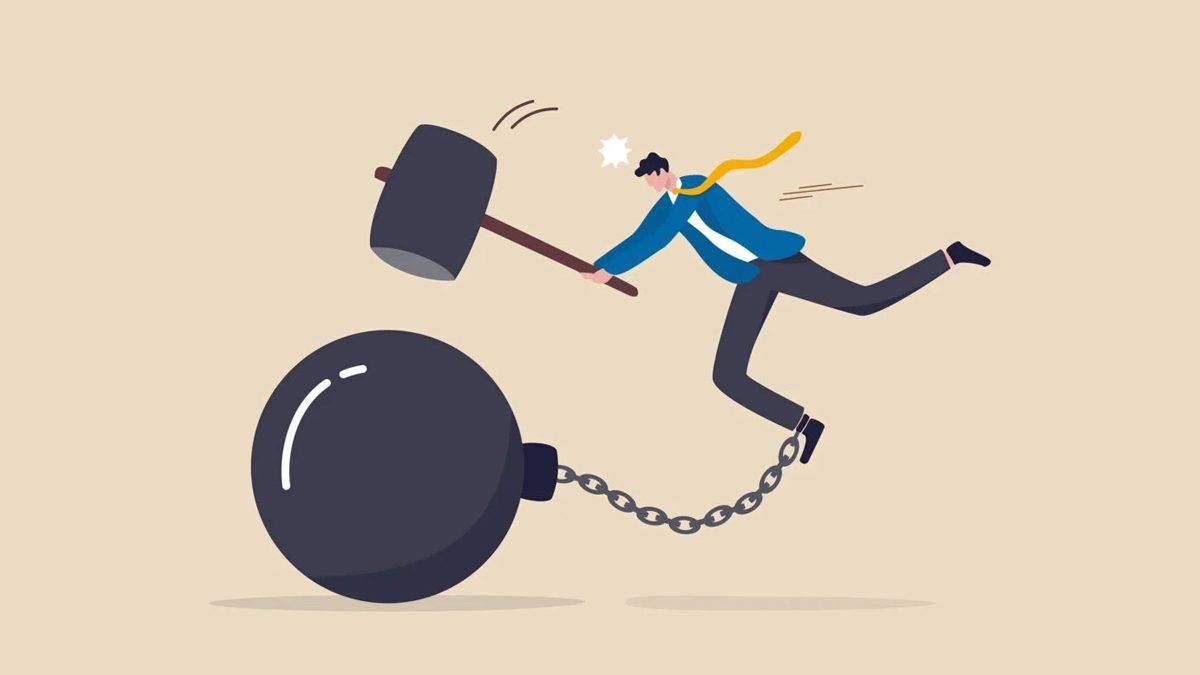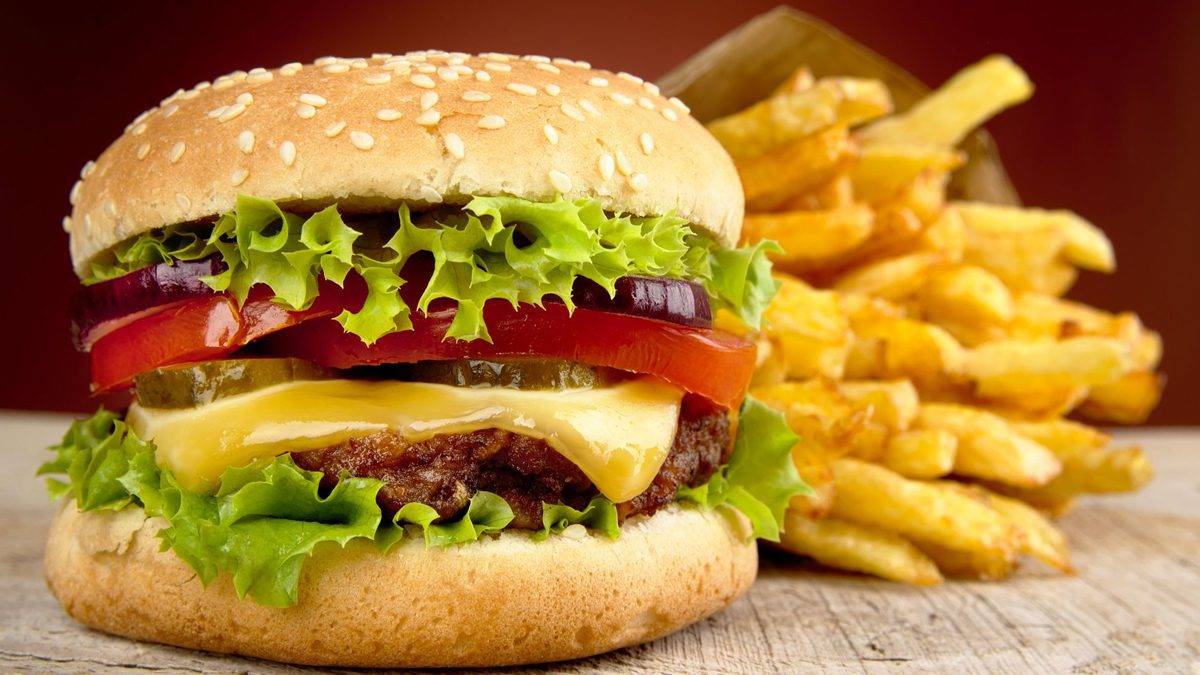Catastrophizing is a pattern of thinking where small issues are blown out of proportion, creating overwhelming and distressing thoughts. For instance, a minor scratch on a car or a stain on the carpet may lead to spiraling fears about larger, unrelated consequences. This form of irrational thinking can drive chronic worry and anxiety, leaving individuals
Why Shame Can Both Help and Hurt Self-Control Shame is often discussed as a motivator for self-control, especially in situations like managing weight or resisting unhealthy habits. But is shame truly the key to changing behavior? Research suggests that the real drivers are emotions we anticipate, such as pride, regret, or remorse, which subtly shape
In today’s fast-paced, capitalistic world, the pursuit of wealth is often mistakenly equated with the pursuit of happiness. The more money people earn and the more possessions they accumulate, the closer they believe they are to achieving happiness. But is this belief true? Not quite. Why Material Wealth Falls Short Research shows that chasing happiness
Intelligent People Are More Likely to Do Stupid Things Not only are more intelligent individuals more likely to consume more alcohol more frequently, but they are also more likely to engage in binge drinking and to get drunk. In an earlier post, I show that consistent with the prediction of the Hypothesis, more intelligent individuals consume larger quantities of alcohol
Understanding Adverse Childhood Experiences (ACEs) Research on Adverse Childhood Experiences (ACEs) identifies five key factors that can negatively impact a child’s mental and physical health in the long term. Studies suggest that many adults with significant challenges faced at least two of these adverse events during childhood. Five Adverse Childhood Experiences (ACEs): Physical Abuse Physical
What is Deja Vu & How Do I Recognize & Use it in My Life “Deja Vu” is a common intuitive experience that has happened to many of us. The expression is derived from the French, meaning “already seen.” When it occurs, it seems to spark our memory of a place we have already been, a person
Why do people find it so difficult to change old habits? Whether it’s a manager frustrated with employees or individuals stuck in destructive behavior patterns, breaking free can feel impossible. However, recent brain research provides powerful insights into why habits persist and how they can be changed effectively. Why Habits Are Hard to Break The
Junk Food Has Learned to Fool Humans Into Ever-increasing Consumption It seems too clever, too diabolic to be true. A recent study shows that foods high in saturated fat — ice cream, cheese, red meat — cause your brain to secrete chemicals that tell the body to ignore biological signals of fullness (like leptin and insulin). The
Relationships are an integral part of the human experience. They spark joy, provide meaning, and shape who we are. Yet, navigating love and connection often feels like a delicate balance between vulnerability and independence. Why do some people fear intimacy, while others cling to relationships? This article explores the psychological dynamics of relationships and how
In present times, we know that children usually disrespect their parents. They remain angry and hold grudges against their parents, which they exhibit from their behaviors such as, arguing, using foul language, and even hitting them. In response, the parent uses their position and power to keep their writ over children. They abuse them verbally










